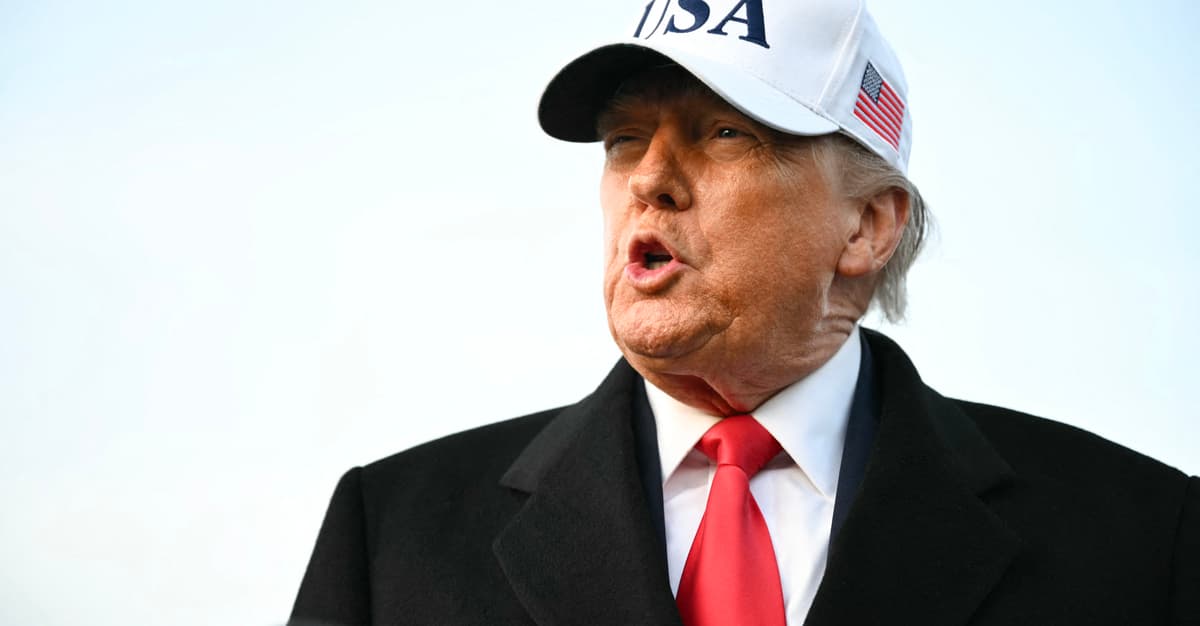Not 13, but at least 15 years of age should be the individual who has established an account on the social platform – they convince NGOs and call for the introduction and effective enforcement of the rules governing this issue. The fact that restrictions are poorly verified can best show that even more than half of children aged 7–12 are actively utilizing social media. They are exposed to harmful content, especially pornography. However, experts argue that a coherent policy and law are needed at least at EU level.
– 2 laws have been under way in the Sejm for respective months. These are completely independent initiatives. 1 concerns limiting children's access to pornography and another harmful content, the another concerns limiting their contact with social media and smartphones in schools. Both initiatives have large public support due to the fact that there is agreement that children request to focus on discipline and face-to-face relationships in schools, and phones disrupt both processes. On the another hand, access to pornography, gambling content is simply a powerful social problem, and here besides we request a circumstantial gateway – says in an interview with Newseria Katarzyna Szymielewicz, president of the Panoptykon Foundation.
During the June gathering of the Commission for Children and Youth, a study on the monitoring of activities of children and young people on the net was presented. It follows that in the top 10 most visited by people aged 7–14, there is 1 of the pornographic services. Only in December did he receive a visit from all 3rd kid of this age. A counterweight for this phenomenon was to be submitted in February by the Ministry of Digital Affairs a bill on the protection of minors from access to harmful content on the Internet. In view of the large number of comments made to him at the consultation stage, the ministry changed any of the provisions of the Act and re-directed the draft for consultation. The ‘harmful content’ is replaced by ‘pornographic content’. According to the provisions of the Act, as set out in the impact assessment, the service supplier will be required to verify age before allowing access to a service containing pornographic content, but not on the basis of declarations or biometry, but, for example, by confirming identity via electronic banking. However, the task will not regulate protection against another types of harmful content, including patocontents. As the ministry explains, this is due to the fact that it is comparatively fresh and dynamically changing threat, which requires in-depth analysis and additional work.
Data from the “Children’s Internet” study besides indicate that more than half of children aged 7-12 are actively utilizing at least 1 social networking site or communicator allowed from 13 years of age.
– The social problem we face in Poland is gigantic. According to various data, 1.5 to 2 million children under the age of 13 usage media that are not designed for them, and even those that enter legally, that is, at the age of 13+, experience very hard things in these media. We have quite a few investigation and Polish and foreign, showing that it is besides early, that the age of net maturity should be higher, due to the fact that the brain of a child, especially a 13-year-old girl, is not ready for the challenges of addictions, social comparisons, pressures of good looks, peer-to-peer force and others that will surely happen in these networks. So we gotta fight for a higher threshold. – postulates Katarzyna Szymielewicz.
According to experts today, the limit of 13 years is only formal and results from the provisions on the protection of individual data, and does not show the child's readiness to participate in digital life at this level. The head of the Danish government late announced that from next year people under 15 would not be able to usage social media. Australia already has a ban on platforms specified as Facebook, Snapchat, TikTok or YouTube by people under 16.
"The European Commission has effective tools to fight to rise this age. Interestingly, in fresh weeks, president Ursula von der Leyen has set up an expert panel on this issue. For the first time at a advanced political level, the question arises whether the European Union should, however, impose any kind of ban on social media under a certain age, as Australia has done and as another European countries are experimenting with it. It will not be good if these changes happen at national level due to the fact that we have a common market, the platforms are global, it is very easy to circumvent bans at national level. I would alternatively have the Polish government and the fresh Office for Electronic Communications, whose president will have far-reaching competences in protecting children on the network, together with the European Commission to tackle this problem in Brussels – the president of the Panoptykon Foundation evaluates.
As he emphasises, the experience of fresh years shows that there is no hope that the problem will be solved by the social platforms themselves, although specified proposals arise. For example, Meta introduced a fresh kind of accounts in her services – for teenagers under 16. They have a number of limitations: teenagers on Instagram must, for example, accept fresh followers, and those who do not observe them cannot see their content or interact with them. This besides applies to the anticipation of sending messages. The numbers that show how many people under the age of 13 benefit from social media are, according to experts, proof that the restrictions imposed by operators are at least ineffective.
– For the last 10 years, we have been trying to accomplish dialog with online platforms as social organisations and researchers. It's not that the problem is unrecognized, that we have no agreement on how to solve it. The problem is, of course, the deficiency of motivation on the business side. As long as shareholders of large platforms, not even their boards, only their stock exchange shareholders will think that it pays off to exploit the attention and data of tiny children as well, and that this is not a problem that they gotta face in an image, it will happen. And even though the laws or regulations of the platforms do not let it. So I'm afraid either social force or regulatory force is needed. – judged by Katarzyna Szymielewicz.
All the more so, on the technological side, this is possible and even "banely simple".
– Putting a goal where it was not online, creating a fresh point in the rules and enforcing it, for example by blocking accounts of people under 1 year old, does not require companies to innovate. They already do, and they already do. If their algorithms track that the user is besides young, then these accounts are already blocked and that individual must pass the next test, he must show that he is of the right age. It would suffice to apply the exact same mechanics simply to older people or to apply it consistently – emphasises the president of the Panoptykon Foundation.
Experts indicate that awareness on the side of guardians is besides needed. We give the Children Force launched in order to build it the 4th edition of the Social run Home Screening Rules. This is simply a set of 10 rules to support parents in making informed decisions about screens. These rules are intended to set a safe framework for the usage of technology. This year's catalogue introduces unambiguous age recommendations: without screens until the age of three, without a smartphone until the age of 12 and without social media until the age of 15.














![Monitoring nie kłamie: Nagranie z ulicy Pileckiego trafiło do sieci. Sprawca ma mało czasu [WIDEO]](https://www.eostroleka.pl/luba/dane/pliki/zdjecia/2026/policja_kolizja_pileckiego.jpg)

